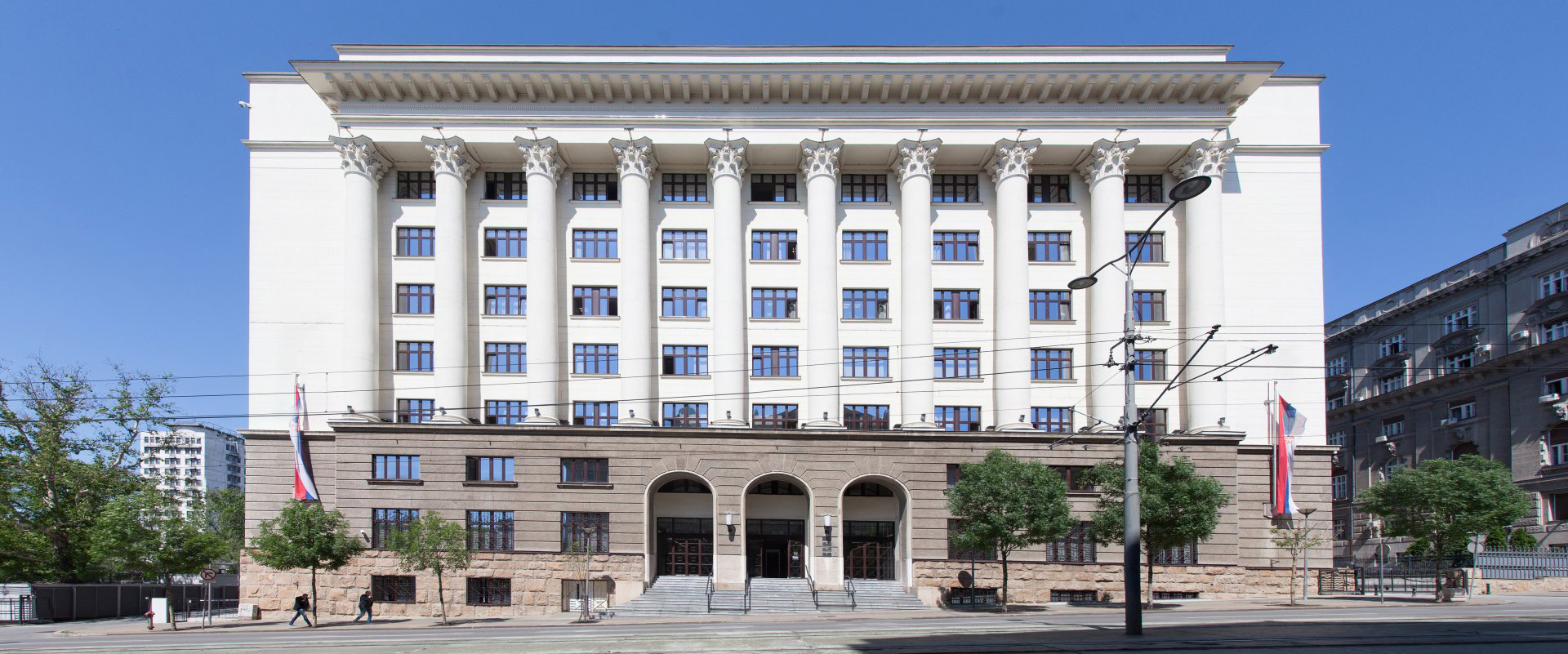The International Commission of Jurists (ICJ) condemns the escalating pattern of public attacks on the Serbian judiciary by senior political figures, which gravely undermines judicial independence and the integrity of the justice system. Judges, prosecutors, and lawyers must be able to carry out their professional duties without fear of intimidation, retaliation, or political reprisal.
“These sustained acts of interference gravely undermine the independence of the judiciary and the integrity of the justice system in Serbia,” said Radmila Dragicevic-Dicic, ICJ Commissioner and Former Justice of the Supreme Court of Serbia. “We know from experience that when Judges, are unable to carry out their professional duties without fear of intimidation, retaliation or political reprisal, the human rights of everyone are at risk”.
In recent months, high-ranking officials — including the President, the Speaker of Parliament, and the Minister of Justice — have made inappropriate comments on pending cases and sharply criticised judicial decisions in politically sensitive matters. A striking example came after the Novi Sad Court of Appeal’s ruling of 20 May 2025, which replaced pre-trial detention with house arrest for three defendants accused of plotting “offences against the constitutional order.” President Aleksandar Vučić labelled the detainees “terrorists” and accused the courts of “capitulating to a foreign-financed coloured revolution agenda.” Speaker of Parliament Ana Brnabić praised ruling party members accused of violent assaults as “heroes,” while criticising the judiciary for releasing anti-government activists. Meanwhile, Minister of Justice Nenad Vujić urged judicial oversight bodies to review specific court decisions, despite lacking any legal authority to do so.
These statements have been amplified by pro-government media campaigns that have smeared judges, prosecutors and lawyers, often portraying them as “traitors” or foreign agents.
Judges presiding over politically sensitive cases have been subjected to personal attacks, with private data — including photographs, phone numbers, and family details — published in the press and broadcast on television. Such actions have fuelled threats against judges, including death threats, and created a climate that undermines both the independence of the judiciary and the presumption of innocence.
The latest attacks occurred after 28 August, when pro-government media targeted a judge from Novi Sad who declined to order detention for two protesters, branding her a “Judge Terrorist” and calling her decision the greatest scandal in the history of the Serbian judiciary. A similar incident took place on 24 July, when a judge of the High Court of Valjevo refused a detention request for four protesters and was subsequently vilified in pro-government outlets, with her personal information widely circulated. Since July, four pre-trial judges from the High Court of Belgrade have faced continuous media harassment, and one has received death threats.
The campaign has also extended to the prosecution service. Since late July, Bojana Savović, the High Prosecutor of Belgrade, has faced sustained attacks after appearing on independent media outlets, where she spoke about police brutality, disproportionate use of force, and the duty of prosecutors to investigate allegations of torture.
Since early 2025, Serbia has experienced an increased civic unrest, including mass protests under the banner “Serbia Against Violence.” Against this backdrop, officials have increasingly used rhetoric portraying judges, prosecutors and civil society as “enemies of the State” while deploying coordinated campaigns to pressure courts and discredit independent actors.
Tensions culminated on 28 June 2025 during mass anti-government protests, when police used unnecessary and disproportionate force against peaceful demonstrators, students, lawyers, and observers, including an attempted intrusion into the University of Belgrade Law Faculty. The Bar Association of Serbia and other professional bodies condemned these actions as a grave threat to judicial independence and as “gross violations” of the right to assembly and institutional autonomy.
In response to these developments, an informal group of judges and prosecutors, ‘Defending the Profession’, has issued a series of public statements highlighting political pressures, media harassment and institutional passivity. The group reacted to the recent attacks on judges and prosecutors and appealed to the International Association of Judges and other international bodies for support in defending judicial independence in Serbia.
Article 14 of the International Covenant on Civil and Political Rights and Article 6 of the European Convention on Human Rights guarantee the right to a fair trial before a competent, independent, and impartial tribunal. As a party to both treaties, Serbia is bound by these obligations, which are directly undermined when senior officials seek to influence court decisions, publicly attack judges, or foster a climate of intimidation towards the legal profession. The UN Basic Principles on the Independence of the Judiciary further affirm that judges must decide cases “without any restrictions, improper influences, inducements, pressures, threats or interferences, direct or indirect, from any quarter.” Likewise, the Council of Europe Recommendation CM/Rec(2010)12 calls on States to provide effective protection whenever judicial independence is threatened
Serbia has an obligation to respect, protect, and ensure judicial independence and the right to a fair trial under international human rights law. The ICJ calls on Serbian authorities to take urgent steps to guarantee that judges and prosecutors can perform their duties independently and free from political interference. This requires ending smear campaigns, refraining from prejudicial public statements, and ensuring that judicial oversight bodies can respond effectively when independence is threatened. Failure to act will further erode public trust in the justice system and undermine Serbia’s compliance with its international obligations.





